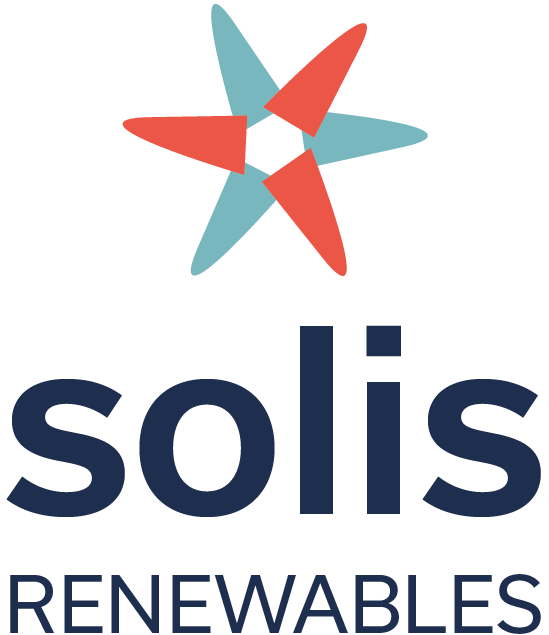Google and LevelTen Energy Introduce New Model to Expedite Corporate Clean Energy Procurement Process
In March 2023, Google and LevelTen Energy announced a new model to simplify and expedite the corporate clean energy purchase process. The goal of this model is to reduce the clean energy purchase timeline from more than 12 months to a few months. Standardized and streamlined contracts are one way to address the lengthy timeline for corporate clean energy procurement.
Corporations have outpaced US utilities in wind power procurement for several years, while corporate procurement for solar power made up roughly 14% of all US solar capacity to date. LevelTen plans to make the expedited corporate clean energy procurement process available to customers by the end of 2023.
2022 saw nearly 37 gigawatts of corporate clean energy procurement. According to Google, early testing with clean energy buyers and project developers using the new corporate clean energy procurement model reduced the timeline to several months, roughly 80% faster than Google's current typical procurement process.
One of the reasons the current corporate clean energy procurement process is lengthy is that key underlying factors and deal inputs change year after year. Another reason is that the prices project developers are willing to offer and the prices buyers are willing to pay change year after year. The past few years explain this buyer and seller dynamic, as evidenced by supply chain disruptions, rising raw material prices, and US tariff policies that have increased the cost of wind and solar projects by roughly 30% since 2021 per LevelTen.
The corporate clean energy procurement process generally starts with a corporation announcing its renewable energy goals, issuing a request for proposals from project developers, and then awarding a contract. From there, the corporation and the developer go through extensive negotiations over key deal terms before the power purchase agreement is drafted, followed by another round of negotiations before the PPA is signed.
Google and LevelTen look to change this process by using Google's decade-plus of experience with clean energy purchases into a standardized and transparent set of upfront terms. Google introduced a few key modifications in this new corporate clean energy procurement process.
First, instead of asking project developers for their preferred deal terms and negotiating over prices later, the new structure incorporates a buyer's price expectations upfront.
Second, the negotiation between buyer and seller starts with the middle in mind per Google. This means that instead of the buyer offering low and the seller offering high, the buyer and seller start at the midpoint, using Google's experience negotiating PPAs and LevelTen's data from PPAs that have been executed. In order for this second point to work, both buyers and sellers will need to be willing to get away from the concept of getting the best deal for themselves per LevelTen.
Finally, LevelTen has automated the process for drafting and completing what the industry generally considers boilerplate portions of a PPA contract. This reduces the redlining process between buyer and seller. The goal here is to only focus on the key terms between buyer and seller. Automating the process streamlines the exchange of contracts between buyer and seller.
It’s important to note that LevelTen competitors in the industry competing with a similar product to what Google and LevelTen are offering include Pexapark, Edison Energy, and Schneider per Canary Media.
In conclusion, Google and LevelTen's new model for corporate clean energy procurement aims to streamline the process and reduce the timeline from over 12 months to a few months. By using standardized contracts and bundling a buyer's price expectations into the initial offer, the negotiation process can start with the middle in mind. Additionally, automating the process for drafting and completing a PPA contract reduces the redlining process between buyer and seller, streamlining the exchange of contracts. With LevelTen planning to make this expedited process available to customers by the end of 2023, it will be interesting to see how the industry adapts to this new model.

